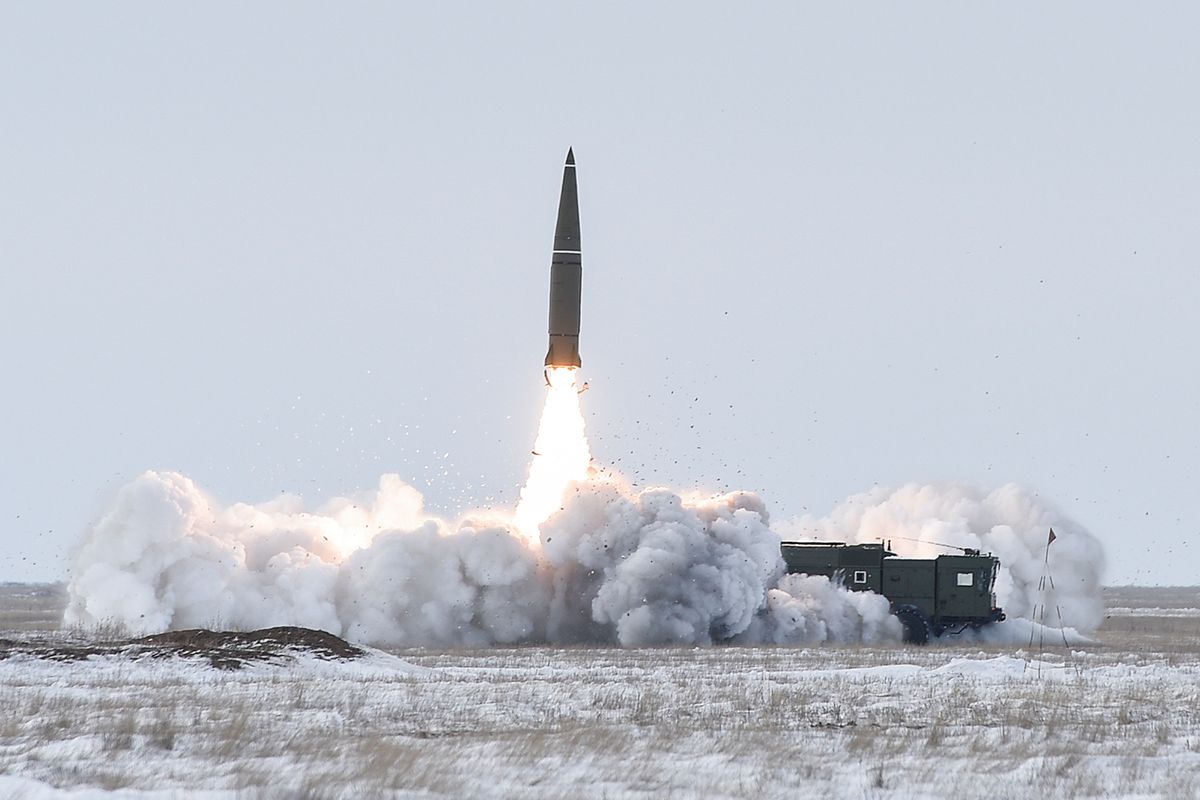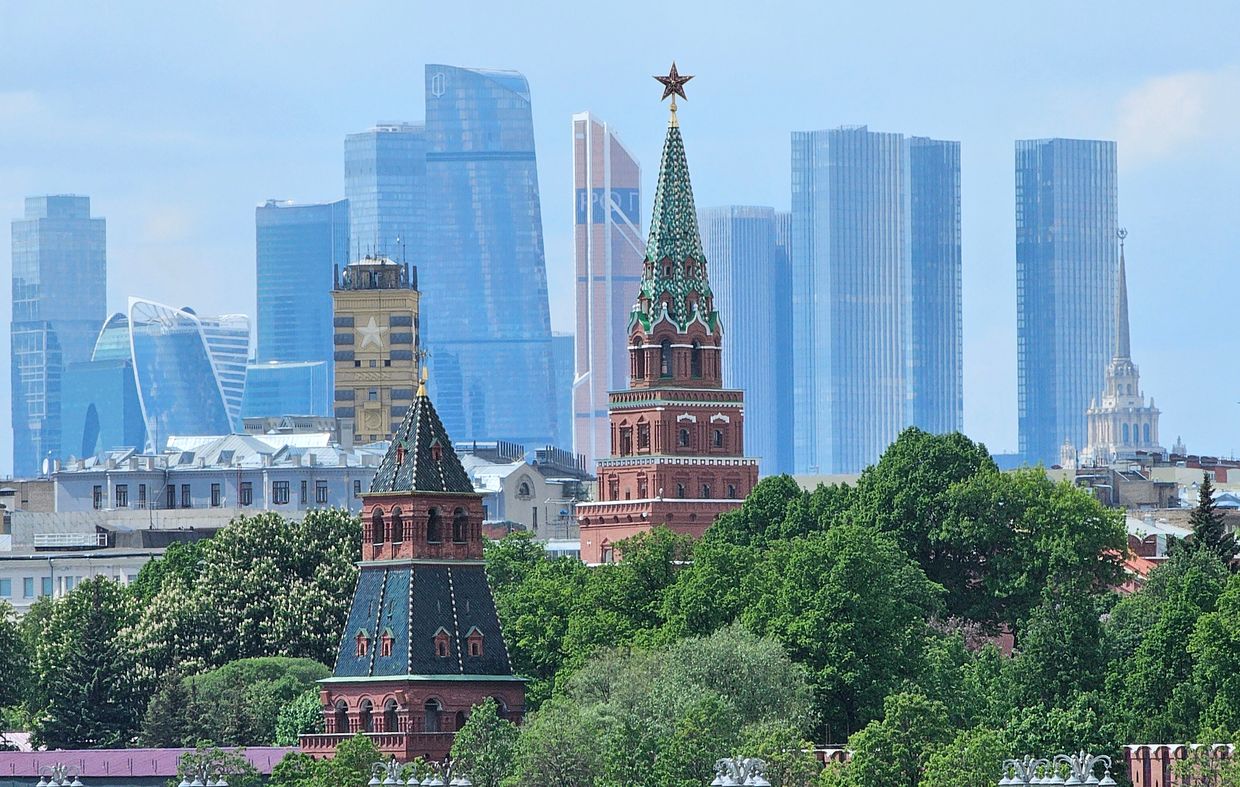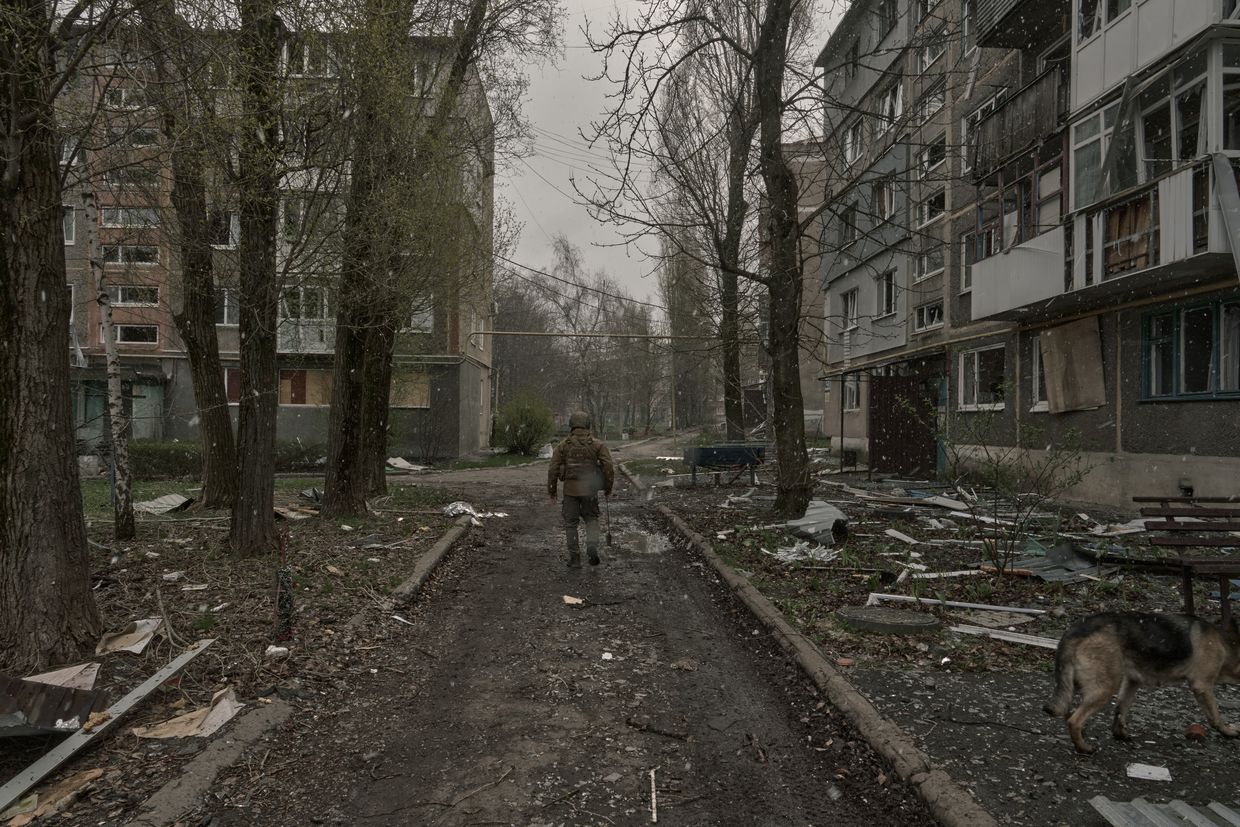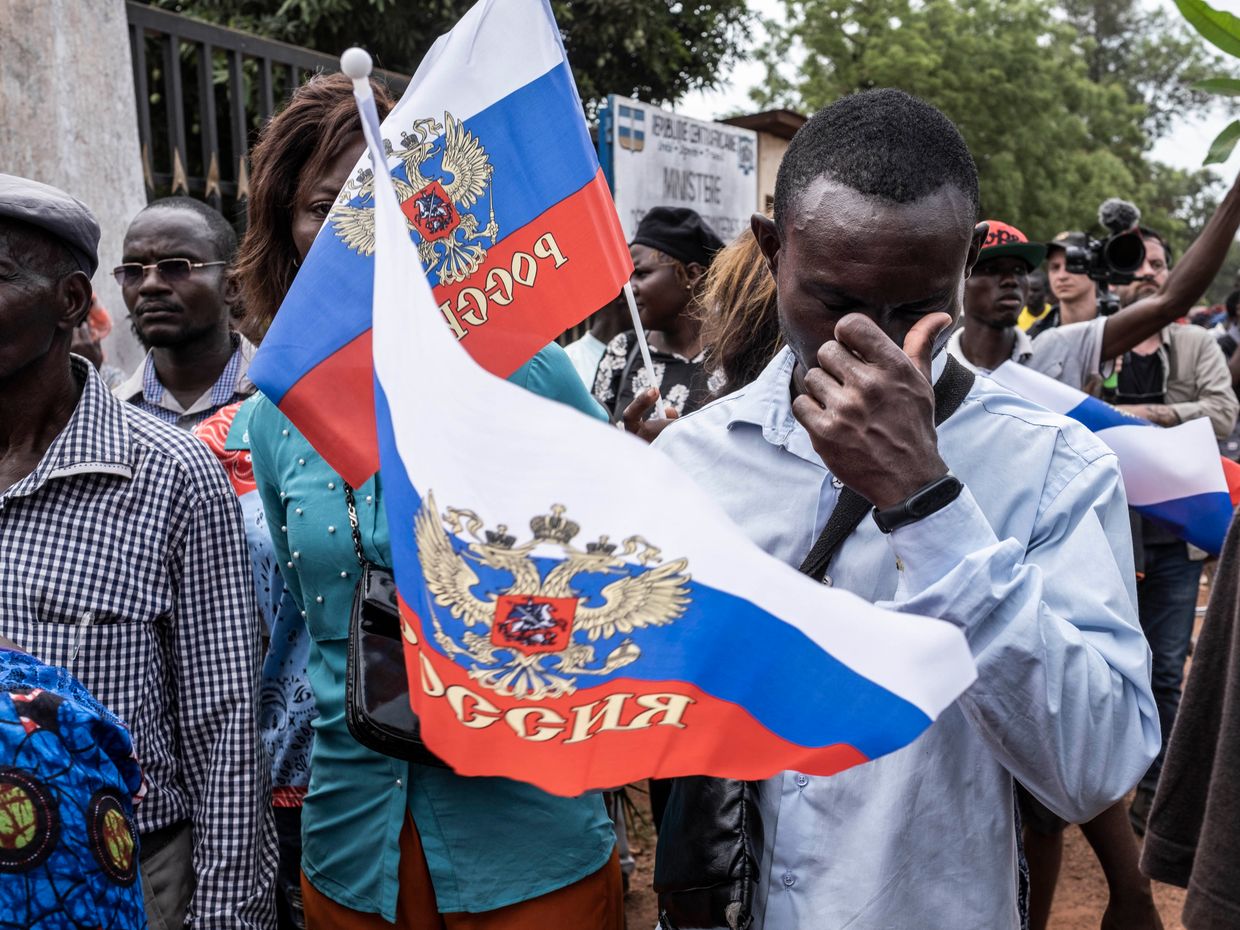The European Union is considering placing Russia on its "gray list" of countries with inadequate controls against money laundering, the Financial Times reported June 6, citing officials from the European Commission.
Inclusion on the list would damage Russia's global financial standing and compel banks to apply stricter scrutiny to transactions involving Russian individuals or entities — raising compliance costs and increasing operational burdens.
Although the decision was expected this week, the European Commission delayed a final ruling due to “administrative or procedural reasons,” according to the Financial Times. A decision is now expected early next week.
"There is huge support for putting Russia on the list," said Markus Ferber, a German MEP who oversees economic affairs for the European People's Party, the EU's main center-right bloc.
Most European Parliament members reportedly back the move, though no consensus has yet been formalized. The EU's gray list generally mirrors the assessments of the Financial Action Task Force (FATF), an international watchdog on money laundering and terrorism financing.
Russia's FATF membership was suspended in 2023, after its full-scale invasion of Ukraine. Efforts to list Russia on the grey list have faced resistance, as countries with close ties to Moscow are likely to block any formal move for enhanced monitoring.
The EU's most recent internal draft of the gray list includes countries such as Algeria, Kenya, Laos, and Venezuela. Several others — including Barbados, the United Arab Emirates, and Senegal — are expected to be removed.
If implemented, the designation would further isolate Moscow from global markets and tighten compliance obligations on any remaining cross-border financial operations involving Russian institutions.














